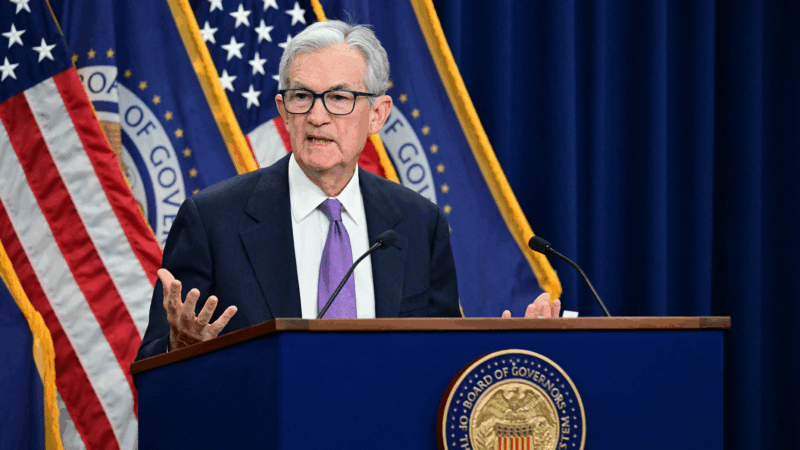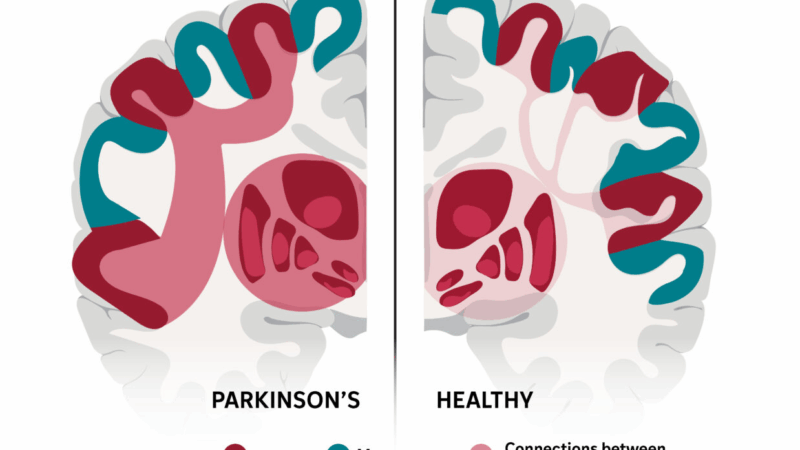Retailers And Beaches Allowed Conditional Reopening As Ivey Eases Stay-At-Home Order
Retailers and public beaches can reopen under certain conditions after Alabama Gov. Kay Ivey’s stay-at-home expires on April 30. Ivey made the announcement at a press conference Tuesday morning. The restrictions were intended to curb the spread of the coronavirus.
“We know that what we are announcing today will please some and will make others frustrated that we’re not going further at this time,” Ivey said.
Retailers may operate at 50% capacity. Beach-goers cannot gather in groups of 10 or more and must maintain social distancing by staying six feet away from others. Elective medical procedures will also be allowed to resume.
This new order, which expires on May 15, does not allow reopening entertainment venues, such as night clubs or concert halls, gyms, barbershops and nail salons. Restaurants are still limited to take-out or delivery service only. Non-work gatherings of 10 or more people are banned. Violations of the order are a misdemeanor punishable by a $500 fine.
In cooperation with @GovernorKayIvey, we have created these Safer at Home flyers: What’s New? What’s the Same? https://t.co/tPNCyfKzJz & FAQs About Beaches https://t.co/OdPguL6gxO related to the April 28 emergency order: https://t.co/M16bQSDJxs. pic.twitter.com/91U6dITRtT
— Alabama Public Health (@ALPublicHealth) April 28, 2020
The state recommends, but doesn’t require, residents to stay at home as much as possible and wear face masks in public.
Ivey’s announcement, termed a safer-a-home order, came as a number of states began reopening some businesses. Georgia and Tennessee allowed restaurants to serve dine-in customers Monday. State health officer Dr. Scott Harris said Alabama is not fully reopening right now because it has not had a 14-day decline in confirmed coronavirus cases, one of the criteria set out by the White House. Harris said the number of new COVID-19 cases is relatively flat and Alabama hospitals have been able to handle the case load with no shortage of ventilators or ICU beds.
Public health experts have expressed concern that Alabama does not have sufficient testing for the coronavirus to safely relax restrictions. As of Tuesday, about 1.5% of residents had been tested. Harris said while the state has the capacity to run more tests, the biggest issue is uneven access across the state. He said that’s particularly true in rural areas where some may have to travel long distances for testing.
“We’re working on ways to make it so testing can be done in accordance with where people get their care,” Harris said. “That’s really going to be the solution to the problem.”
Public health experts worry the number of coronavirus cases could spike if rules are relaxed too quickly. Ivey said social distancing, remote work and other practices are still needed to fight the outbreak.
“Let me be abundantly clear. The threat of COVID-19 is not over,” Ivey said. “We are still seeing the virus spread.”
Judge rules 7-foot center Charles Bediako is no longer eligible to play for Alabama
Bediako was playing under a temporary restraining order that allowed the former NBA G League player to join Alabama in the middle of the season despite questions regarding his collegiate eligibility.
American Ben Ogden wins silver, breaking 50 year medal drought for U.S. men’s cross-country skiing
Ben Ogden of Vermont skied powerfully, finishing just behind Johannes Hoesflot Klaebo of Norway. It was the first Olympic medal for a U.S. men's cross-country skier since 1976.
An ape, a tea party — and the ability to imagine
The ability to imagine — to play pretend — has long been thought to be unique to humans. A new study suggests one of our closest living relatives can do it too.
How much power does the Fed chair really have?
On paper, the Fed chair is just one vote among many. In practice, the job carries far more influence. We analyze what gives the Fed chair power.
This complex brain network may explain many of Parkinson’s stranger symptoms
Parkinson's disease appears to disrupt a brain network involved in everything from movement to memory.
‘Please inform your friends’: The quest to make weather warnings universal
People in poor countries often get little or no warning about floods, storms and other deadly weather. Local efforts are changing that, and saving lives.







